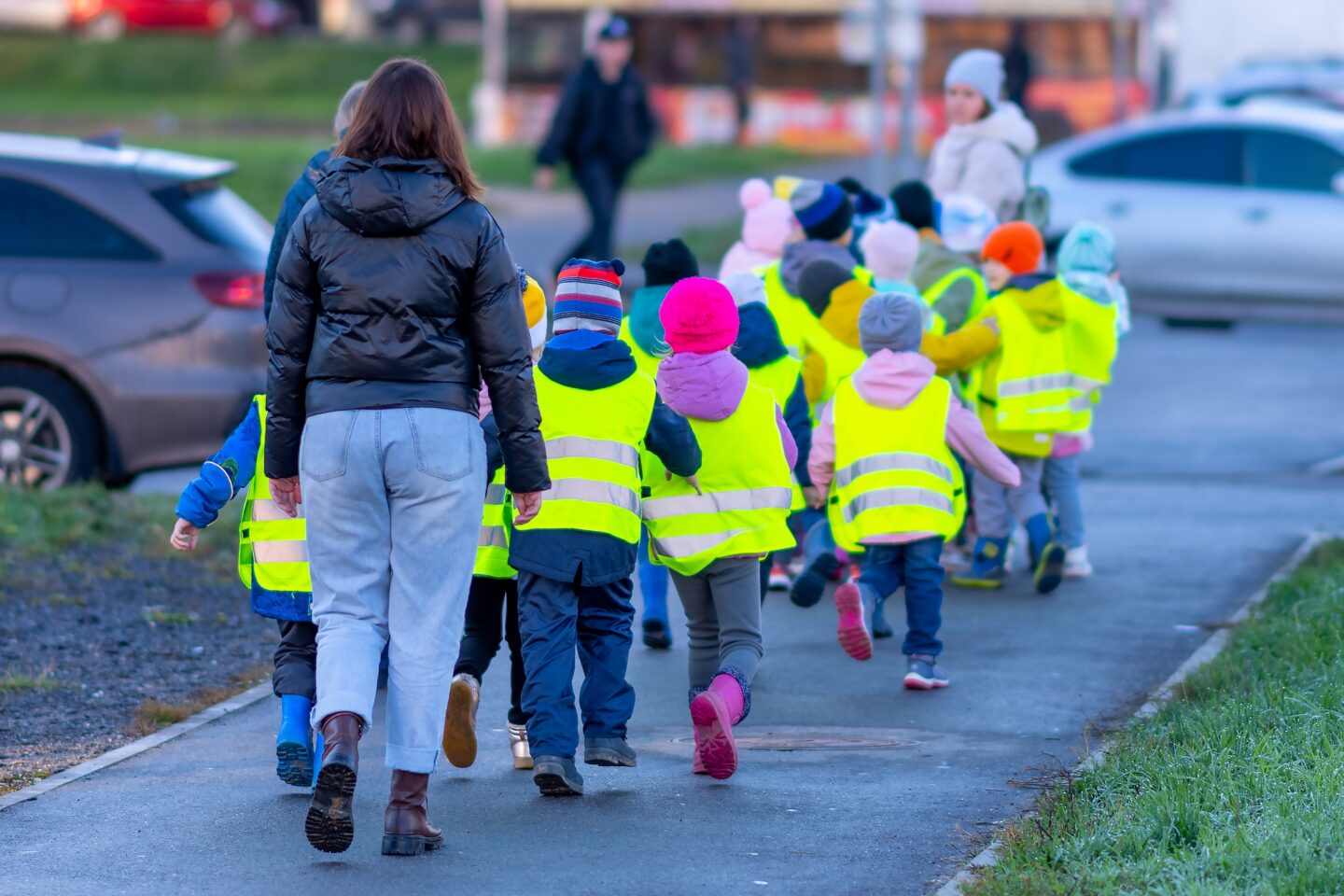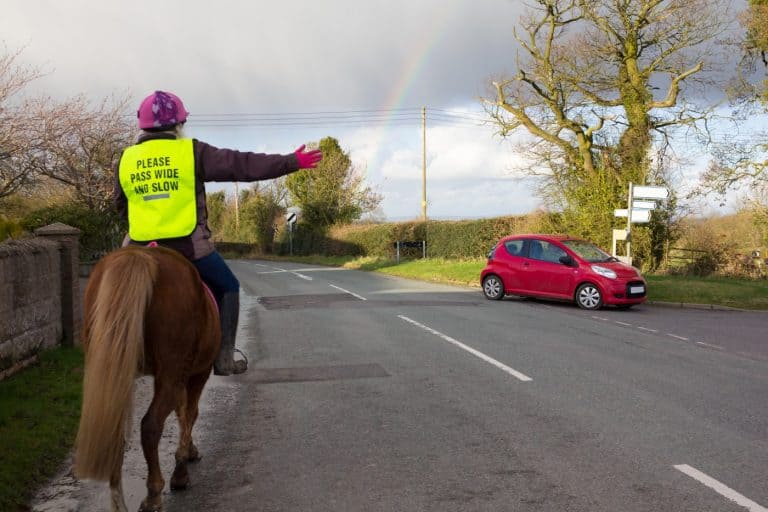
Child Safety Week: 5 road safety tips worth sharing
Child Safety Week, led by the Child Accident Prevention Trust, is the perfect time to shine a spotlight on something we all encounter every day – the road. Whether it’s the walk to school, a bike ride to the park, or just crossing the street to visit a friend, road safety is crucial for children of all ages.
This year’s theme, ‘Safety is for Sharing’, is a powerful reminder that small conversations and everyday actions can make a big difference in keeping children safe.
At Bolt Burdon Kemp, we see firsthand the devastating consequences road traffic accidents can have on children and families. We are therefore committed to using our platform to promote awareness and responsibility around road safety.
Why road safety matters
Every year in the UK, thousands of children are injured in traffic accidents, many of which are preventable. The statistics are harrowing and show the true extent of the problem – 36 children died on UK roads last year and 2,235 were seriously injured. Many of these accidents occur in familiar settings – near homes, schools and parks – and are frequently the result of preventable human error.
By sharing road safety messages at home, in schools and in the community, we help to build lifelong habits that protect children as pedestrians, passengers and cyclists.
Road safety tips worth sharing
- The Green Cross Code
Children should be taught the fundamentals of safe crossing:
- Think – Find a safe place to cross the road.
- Stop – Stop just before stepping onto the road.
- Look – Look both ways (and behind, for reversing vehicles).
- Wait – Wait until it is safe to cross.
- Look and Listen Again – When it is safe and there is no traffic, walk straight across the road.
- Arrive Alive – Look and keep looking while you cross the road.
These behaviours, reinforced consistently, build habits that reduce the risk of an accident occurring. Children will copy what you do, so try to avoid stepping into the road without checking for traffic first. If you can do the right thing, it will help them get into good habits.
- Use of designated crossings
Pedestrian crossings, traffic light signals and school crossing supervisors exist to create predictable, safer interactions between pedestrians and drivers. Children should be encouraged to use them at all times. These features are designed to give pedestrians priority and improve visibility for drivers.
- Visibility and awareness
Children, particularly younger ones, are less visible to drivers due to their height. Low light and poor weather conditions also heighten the danger for child pedestrians and cyclists. Wearing reflective clothing and having school bags with high-visibility panels so you can easily be seen is very important and can be lifesaving.
- Minimising distractions
With the rise of technology, distraction is a growing risk factor especially among older children and teenagers. Children must understand the dangers of using phones or headphones when crossing roads. Children should remove headphones before crossing the road and parents should encourage mobile phones to stay in pockets when walking near traffic.
- High risk zones
Many accidents involving children occur not on busy roads but in areas that feel “safe”. This includes residential streets, car parks, driveways and areas near parked cars. These are often low visibility and low speed environments where assumptions of safety are misleading.
It is important to teach your children to not play behind or between parked cars, to avoid running across driveways or through car parks and to always walk when crossing small roads.
At Bolt Burdon Kemp, we understand the legal, emotional and practical impact road accidents can have on children and their families. We are committed to supporting those affected by such accidents but also promoting awareness and preventative action.
This Child Safety Week, we encourage you to share safety knowledge with your children to ensure they can be as safe as possible when using the roads.
If you or someone you know has been affected by a road traffic accident involving a child, it is in your best interests to obtain legal advice from an appropriately qualified specialist solicitor who will be able to assess whether or not you are likely to be able to bring a successful personal injury claim.









